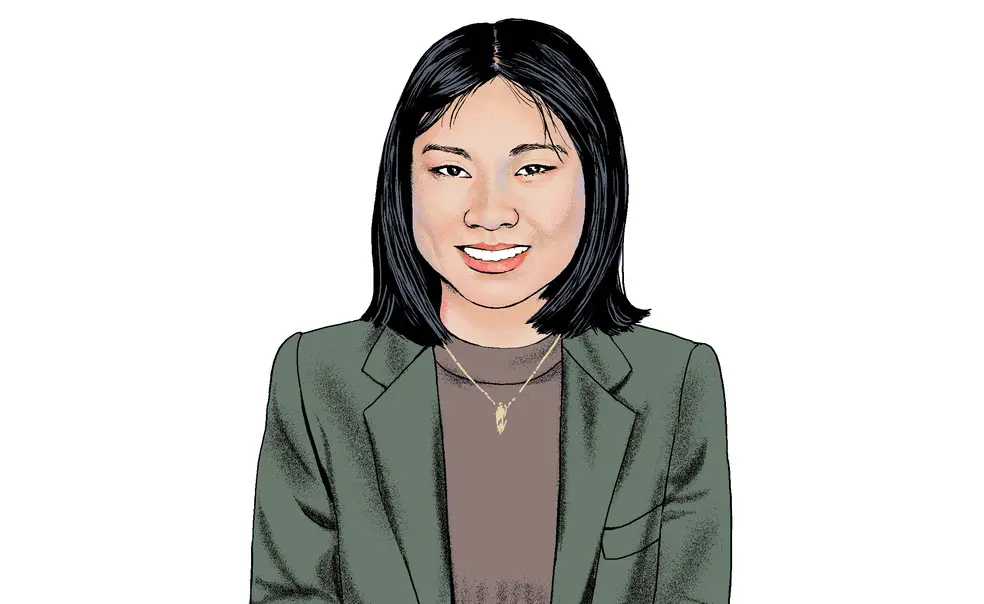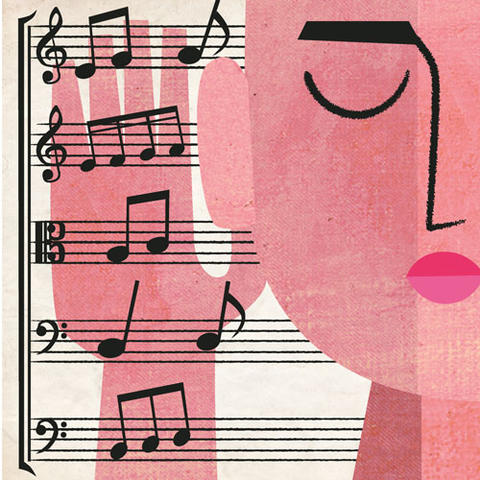Anna Yu Wang Is Making the Study of Music More Inclusive
Anna Yu Wang originally thought she’d follow in her parents’ footsteps — her father is a physicist and her mother was a computer programmer — and become a professor in a STEM field. But Yu Wang’s plan changed one day in 10th grade, when, on a whim, she decided to turn up the volume on a CD that her longtime piano teacher had given her.
“I never did that before because I wanted to protect my hearing,” she says. “But I did it that day, and I felt like I heard colors I’d never heard before. It was like an entire palette just opened up to my senses. I was really enchanted by those sounds — and I wanted to center my life around music.” And so she did — Yu Wang went on to study piano performance, and music theory and analysis, at McGill University and earn her Ph.D. in music theory from Harvard. Now at Princeton, her research focuses on diversifying music theory and listening across cultural lines.
“What matters most to music theorists in the U.S. may not be what matters to music theorists in, for example, China,” she explains. “Seeing how those answers vary, yet also resonate with each other, can open up the questions we ask as a field and also challenge us to develop different methodologies and networks of collaboration to work on those questions.”
Quick Facts
Title
Assistant Professor of Music
Time at Princeton
1 year
Recent Class
Topics in Global Music Theory















No responses yet